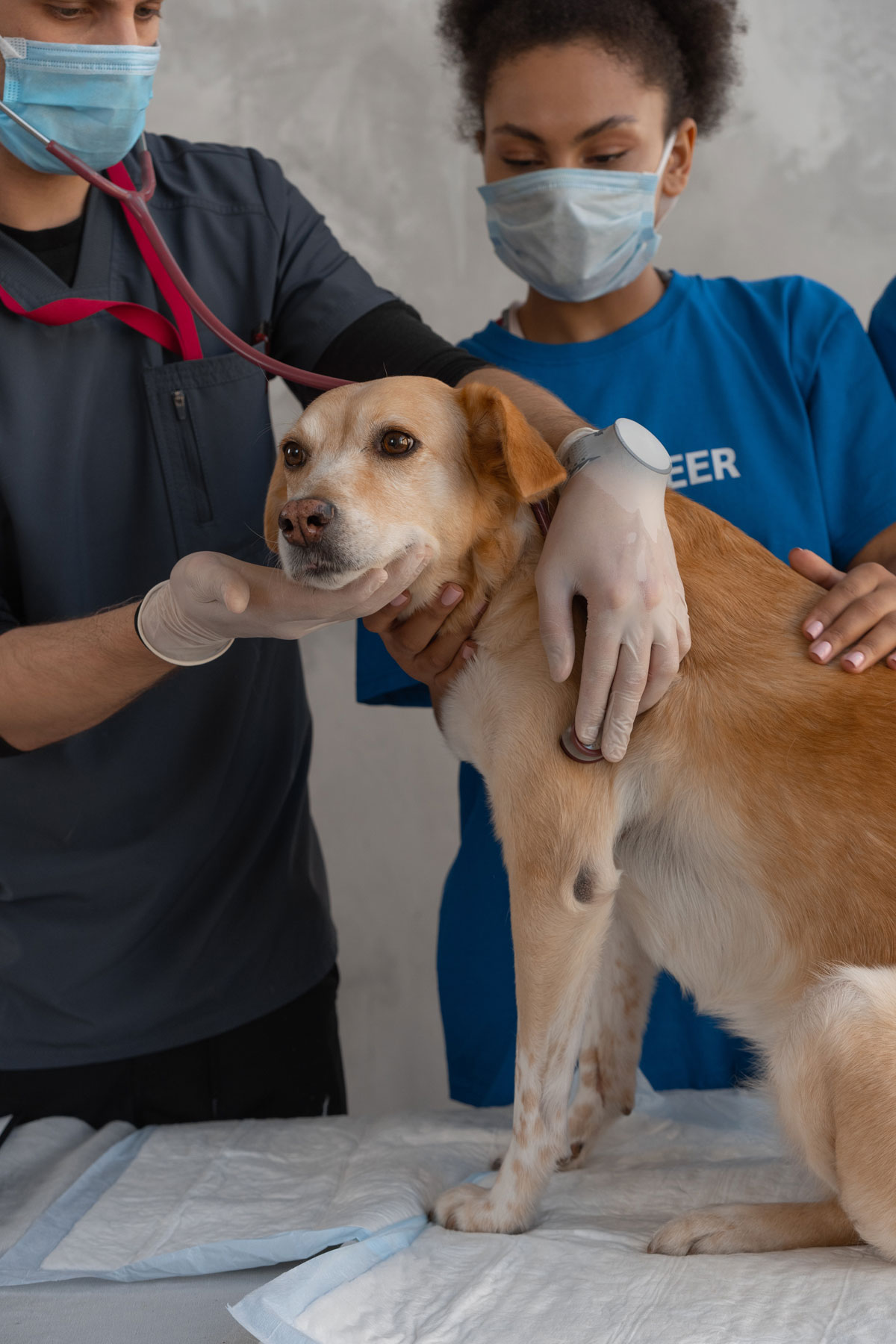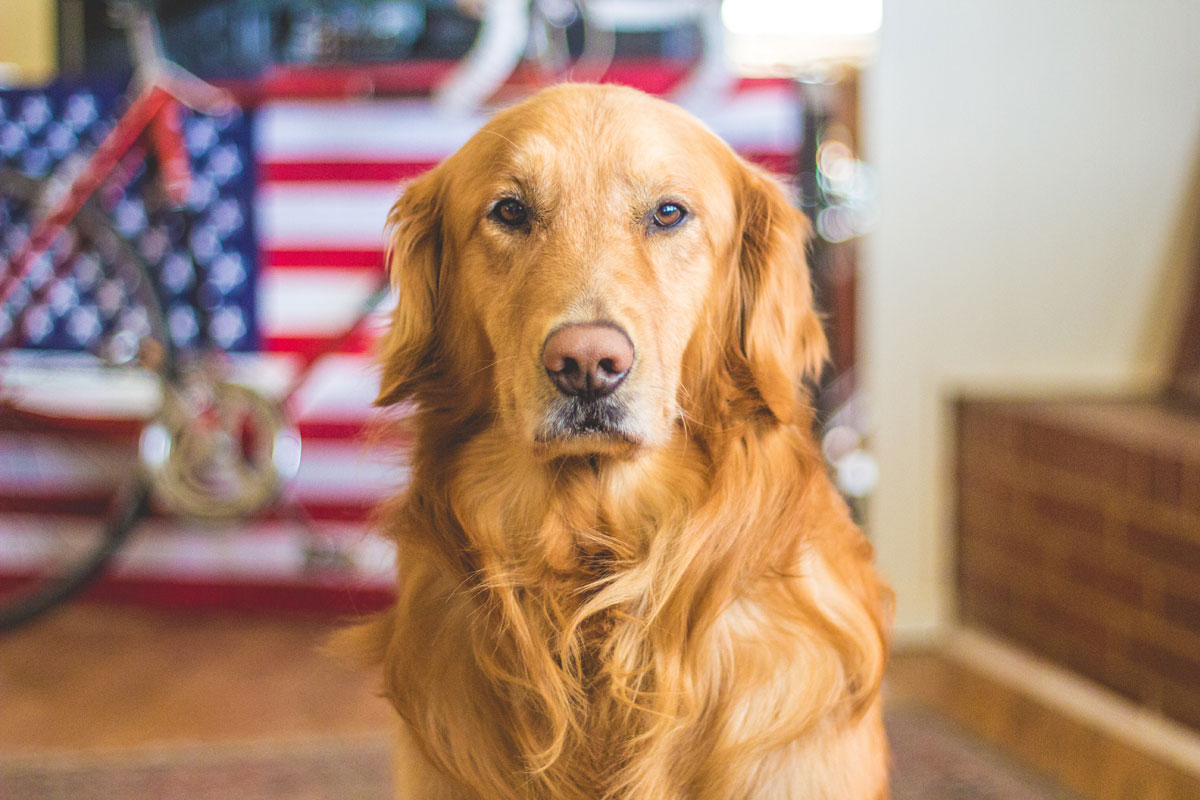I keep up with all vaccinations recommended by my doctor. I didn’t think we’d be in a place where your status needed confirmation, but here we are. I get regularly vaccinated because I believe in science. You know, that thing that all of reality operates in? So the epidemic of anti-vaxx nonsense that’s gotten louder in the Covid era has really accelerated my levels of Fran Lebowitz caliber anger. Now a new study out of Boston University is not helping my heart rate: researchers have found that about a third of pet owners are extending the anti-vaxx ethos to their dogs. Some, heaven help us, even think vaccines are causing autism in pups.
The impact of anti-vaccine activists is spreading beyond humans. A recent study found many dog owners are skeptical of vaccinating their pets — even though that leaves animals and humans at risk.
The study, led by a researcher from Boston University’s School of Public Health and published in the journal Vaccine, found a sizable minority of dog owners have some hesitancy toward canine vaccines. Over one-third (37%) said they believed the shots were unsafe; 22% thought they were ineffective; and 30% thought they were unnecessary. Overall, 53% of dog owners endorsed at least one of these three misconceptions.
“My co-authors and I were stunned by how prevalent this phenomenon is,” lead author Dr. Matt Motta told CBS News.
Motta says an unvaccinated pet is a danger not just to other animals but also to the humans around them.
“If there are more unvaccinated dogs out there, the risk of disease transmission grows,” Motta said.
While almost all states require rabies vaccinations, there are several other shots that veterinarians recommend for dogs.
“Obviously, if you get rabies, if you don’t get treated right away … you die,” says Dr. Todd Calsyn, a veterinarian at Laurel Pet Hospital in California. “Parvo [canine parvovirus] and distemper, for sure, can be fatal.”
According to the American Pet Product Association, about 65 million households in the U.S. have at least one dog.
For California resident Sinjin Chun, vaccines keep him confident that his dog Koby will stay safe while playing with other pets at the beach.
“I think it’s pretty necessary,” he said of vaccinating pets. “Dogs are just a lot dirtier than we are and they can pick up a lot of different things and if they’re spreading those things around it’s not good.”
The study also found that some common vaccine misinformation has been projected onto pets.
“Nearly two-fifths of dog owners believe that routine vaccines administered to dogs can cause them to develop autism, which is a fundamentally human diagnosis, not something that we observe in canine populations,” Motta says.
There is no evidence vaccines cause autism in humans or animals.
[From CBS News]
Again: there is no evidence vaccines cause autism in humans or animals. Vaccines don’t give Spot autism, they protect him from canine influenza. I guess I’m lucky with my Girl in that she wouldn’t miss a vaccine for the world — she’s notorious at our vet for being just as affectionate when they stick her with a needle as when they’re scritching her ear. “I love you too! More shots please!” The mere suggestion, though, of a dog having autism reminded me of Allie Brosh’s blog/book Hyperbole and a Half. She has hilarious commentary on her own depression and depressing situations (no really, she wants you to laugh!) that she writes up like comic strips, accompanied by computer drawings so awful they’re fabulous. One of her more memorable episodes was a series of tests she conducted to gauge her (beloved) dog’s mental acuity. It didn’t go well. The fault is not vaccines, but sometimes it is genetics.
photos credit: Caleb Fisher and Robert Larsson on Unsplash, Binyamin Mellish, Mikhail Nilov and Ivan Babydov on Pexels
Source: Read Full Article









